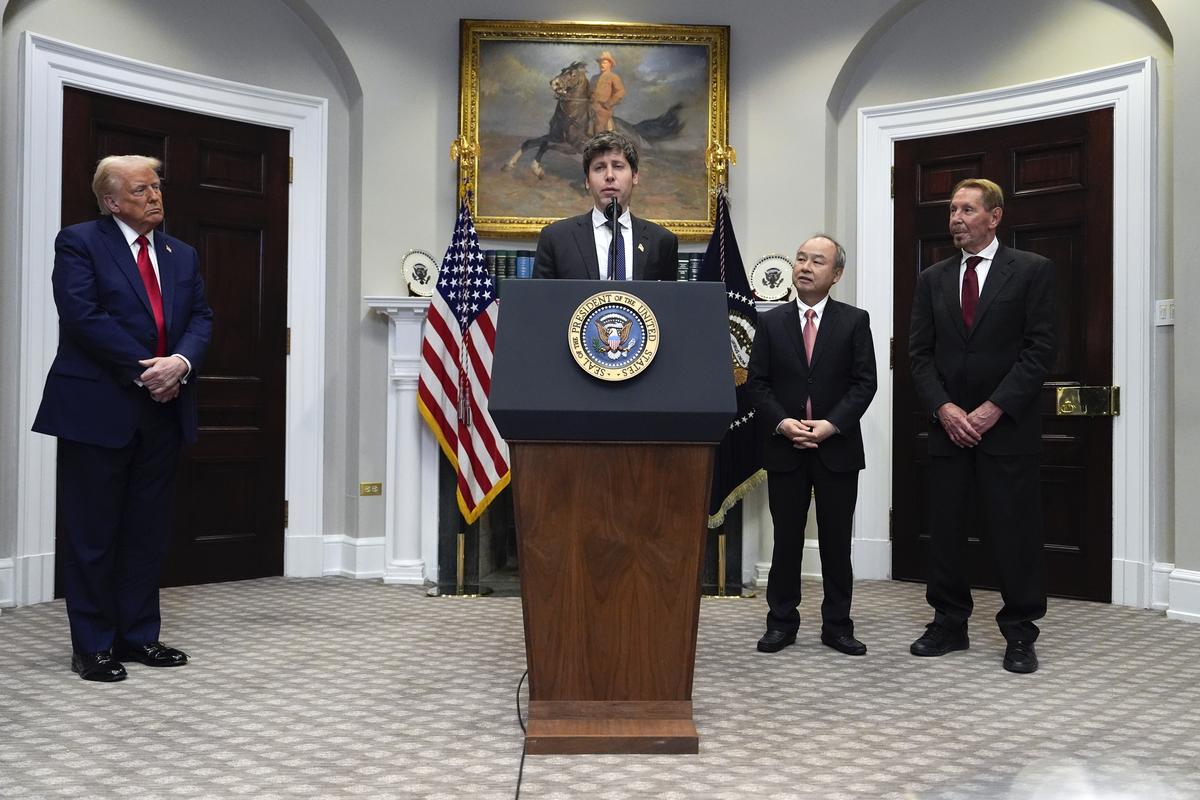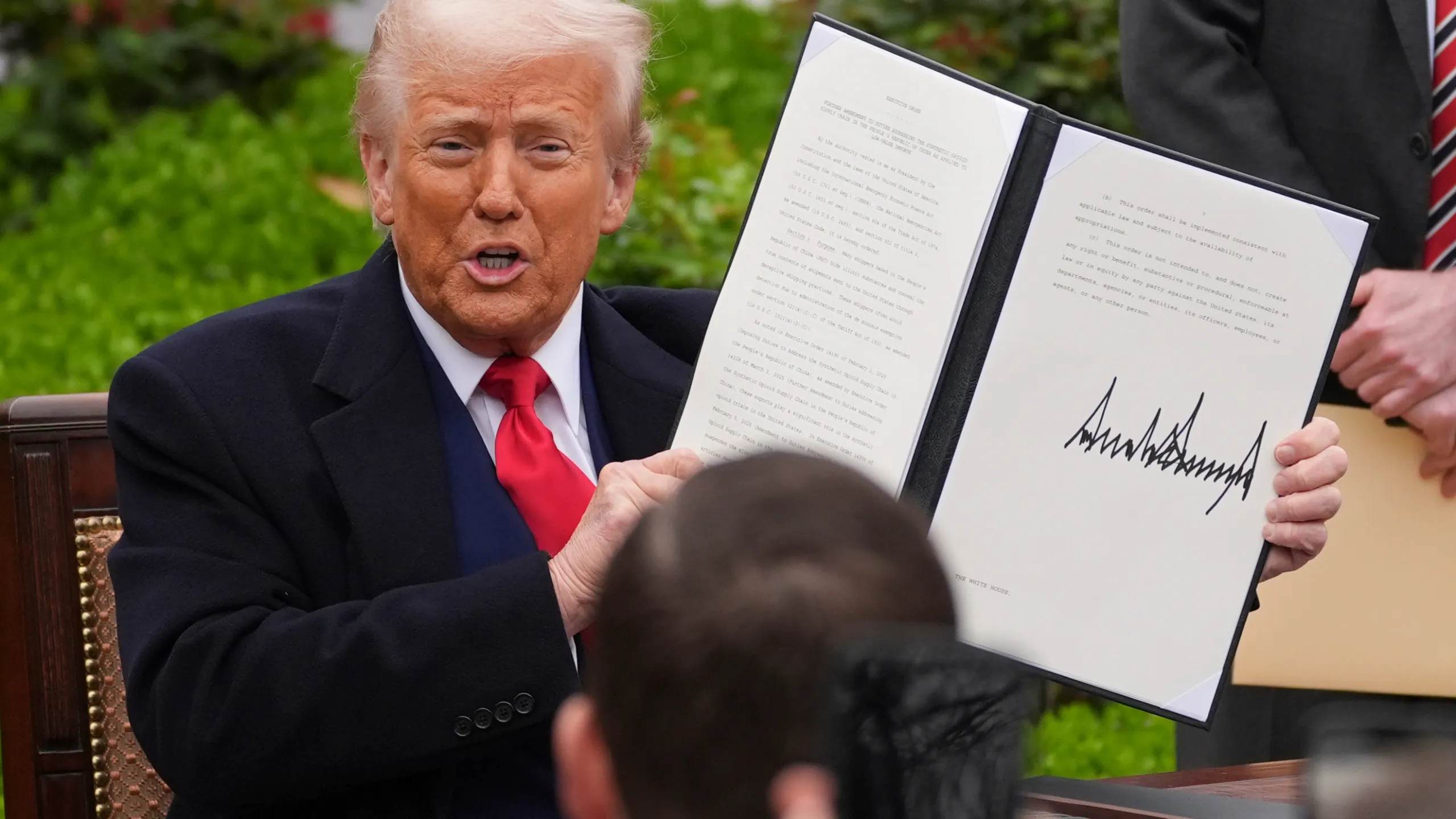
The landscape of global technology is witnessing a significant shift as former President Donald Trump issues a stark warning to leading tech giants Google and Microsoft. Upholding his “America First” policy, Trump has urged these corporations to cease hiring in India and China, emphasizing the importance of safeguarding American economic interests amid ongoing geopolitical tensions. This provocative stance underscores a broader debate about globalization, national security, and economic sovereignty.
Background: The ‘America First’ Doctrine in Modern Politics
Donald Trump’s political narrative has long centered around the concept of putting America’s interests above all. This doctrine, often encapsulated in the slogan “Put America First”, has driven policies aimed at protecting American jobs, industries, and technological sovereignty. While traditionally associated with trade policies and immigration, recent comments signal an extension of this approach into the realm of technology and international hiring practices.
The Current Situations in India and China
India and China have become critical hubs for global tech companies, providing a vast pool of skilled professionals and competitive labor costs. Google and Microsoft, among others, have significantly expanded their operations in these countries, establishing research centers, innovation labs, and hiring thousands of engineers and developers. These investments have contributed immensely to the growth of the tech ecosystem in both nations.
However, the geopolitical climate has shifted markedly in recent years. Rising tensions, concerns over data security, and fears of espionage have caused the US government and policymakers to scrutinize foreign tech entities’ involvement in American infrastructure and data handling. In this environment, Trump’s rhetoric seeks to reshape corporate strategies concerning international employment, especially in regions deemed sensitive for national security.
Trump’s Warning: A Call to Halt Hiring in India and China
As highlighted in recent reports from Mint, Trump has directly warned Google and Microsoft to put a hold on their hiring activities in India and China. His appeal is rooted in the overarching principle of prioritizing American interests — the core tenet of his “America First” policy. This stance suggests that the geopolitical risks associated with these countries outweigh the economic benefits of continued expansion.
Key points from Trump’s warning include:
- Ceasing new hiring initiatives in these regions to prevent potential security breaches.
- Redirecting resources and talent acquisition efforts back to domestic shores.
- Reevaluating existing operations to align with national security concerns.
While not explicitly calling for an outright ban, Trump’s rhetoric signals a significant shift that could ripple through the global tech industry, prompting companies to reconsider their international hiring strategies.
Implications for the Tech Industry
Economic Impact
Houston, Texas — the long-standing hub for tech innovation — could see a resurgence if major corporations pivot to increase domestic hiring. However, such a move may also lead to higher labor costs and potential talent shortages unless addressed adequately.
Security Considerations
Trump’s stance underscores growing concerns over data security, intellectual property theft, and espionage risks associated with foreign workforce dynamics. Limiting hiring in regions with geopolitical tensions could help safeguard sensitive data and infrastructure.
Global Political Ramifications
This warning escalates the ongoing technology cold war, where nations increasingly view digital assets as strategic tools. Alliances may shift, and international collaborations could diminish, with companies caught in the crossfire of these geopolitical tensions.
What Does This Mean for Future Workforce Strategies?
- Reshoring Initiatives: Companies might accelerate efforts to bring operations back to the United States, investing in domestic infrastructure and talent development.
- Local Talent Development: Increased focus on cultivating homegrown technology talent to mitigate international hiring restrictions.
- Policy and Regulatory Changes: Governments may introduce new policies incentivizing domestic hiring and restricting foreign recruitment for critical technology roles.
Possible Reactions and Industry Perspectives
While Trump’s warnings have garnered attention from policymakers advocating for a more insular approach, the tech industry’s response could be mixed. Companies might argue that global talent is essential for innovation and competitiveness, especially in AI, cloud computing, and software development. Conversely, others may support measures to reduce dependency on foreign labor amid security concerns.
Furthermore, this stance ignites debates on the balance between economic efficiency and national security. Business leaders will need to navigate these complex waters carefully, weighing the costs of reshoring against potential security risks and market expansion opportunities.
Broader Impacts on International Relations
This development reflects a broader trend of economic nationalism impacting international cooperation. As the US deliberates on banning or limiting foreign employment in vital tech sectors, its relations with India and China might be affected, leading to new diplomatic challenges. Countries heavily reliant on foreign tech investments may need to reassess their strategies and pursue diversification.
Conclusion
Donald Trump’s recent warnings serve as a clarion call to tech giants like Google and Microsoft to realign their global hiring practices under the banner of “America First.” While these measures may fortify national security and economic sovereignty, they also pose significant challenges for innovation, international collaboration, and the global tech ecosystem at large. As the world navigates this evolving landscape, corporations and governments alike must strike a delicate balance between security and progress.
In summary, Trump’s stance emphasizes a paradigm shift in how nations approach technology development and workforce strategies — one that prioritizes sovereignty but may come at the cost of global integration and competitive edge.
For more updated news please keep visiting Prime News World.








